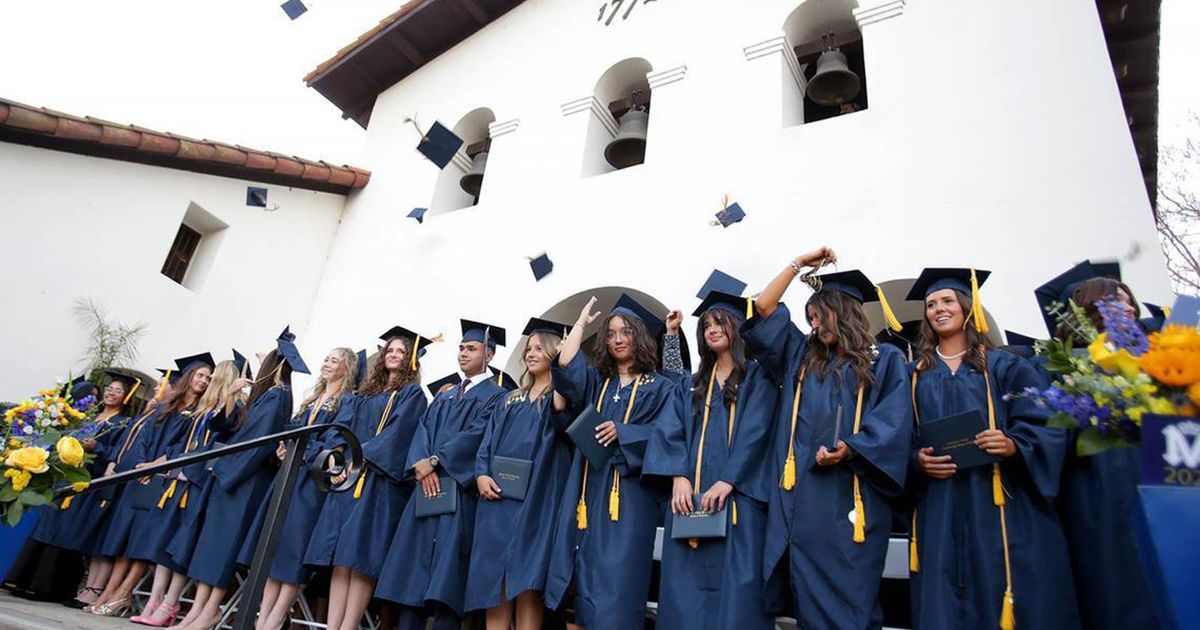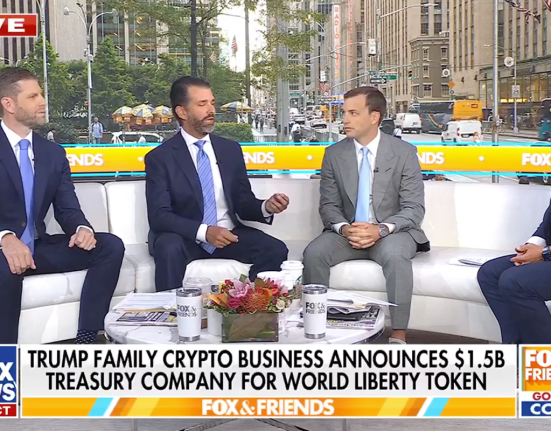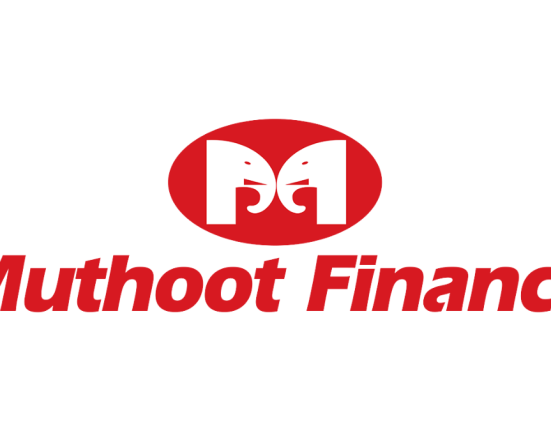With the Trump administration’s aggressive assault on student loans, many young adults in America might be asking themselves if higher education is even worth it. I’m borrowing $65,000 from the federal government to attend graduate school in the fall, and I believe that the skills students learn in college are worth the cost.
Tuition at private universities averages at more than $43,000, according to U.S. News & World Report. Currently 43 million Americans are saddled with student loans and 5 million are in default.
But the prospect of accessing financial assistance is dire, as President Donald Trump and Congressional Republicans attempt to pass legislation that would severely limit access to student loans and loan forgiveness.
Currently, House Republicans are proposing to extend student loan repayment timelines from 10-25 years to 30 under the “One Big Beautiful Bill Act.” In an interview with CNBC, higher education expert Mark Kantrowitz called this measure “indentured servitude.” This would saddle students with debt well into middle age and possibly beyond, stymieing any attempt to build financial success or stability.
If more young people are discouraged from enrolling in college and taking out loans, America is in danger of losing a large block of high-skilled professionals. The Republican bill will limit student loans for “professional programs” to $150,000 and eliminate a federal graduate loan program. These measures could worsen the shortage of doctors in America, who rely heavily on student loans to get through medical school.
As a 2025 graduate, I spent the past year figuring out what to do with the rest of my life. I applied to jobs from which I was lucky to even receive a rejection email. I applied to fellowships that were immediately defunded upon Trump’s first 100 days in office. And I applied to graduate school, the recession indicator of all recession indicators.
In March, I had to make a difficult decision: Do I earn a master’s degree at a public university on a full ride scholarship, or do I go into debt?
I chose to go into debt.
American universities are worth the cost
This fall, I applied to two journalism master’s programs: The Craig Newmark Graduate School of Journalism at City University of New York and the Columbia Graduate School of Journalism. I was admitted to both programs and received a full ride to CUNY, so the choice might have seemed obvious.
But during my time at Pitzer College in Southern California, I spent a semester studying abroad in France at the Paris Institute of Political Studies, one of the most prestigious universities in Europe.
Pitzer is a liberal arts college, where classes are often 15 students or less and many professors are easily reachable. So I was surprised to find how lax Sciences Po was — classes were held only once a week, and there was no need to keep up with readings because professors often neglected to engage the class in discussions.
I learned a lot in France, but not a lot in school compared to my time at Pitzer. There really is a marked difference between the kind of education you receive at a fully government-funded university in Europe versus a private institution in America.
At Pitzer, many of my close friends were international students who opted to study in the U.S. knowing they wouldn’t have access to federal financial aid. But there’s a reason domestic and international students enroll in private American universities despite the steep cost: The access to a quality education, housing options and other on-campus benefits are worth the price tag.
For those who aren’t blessed with rich parents, loans are basically the only chance for students seeking higher education and to receive opportunities they wouldn’t otherwise have access to. This is why protecting access to federal funds — and loan forgiveness initiatives — is critical.
I was fortunate to have my parents help me out with my undergraduate loans, and they encouraged me to pursue a master’s degree. But with the prospect of ever more debilitating loan repayment plans, many Americans will decide college just isn’t worth the cost — and that’s a shame.







